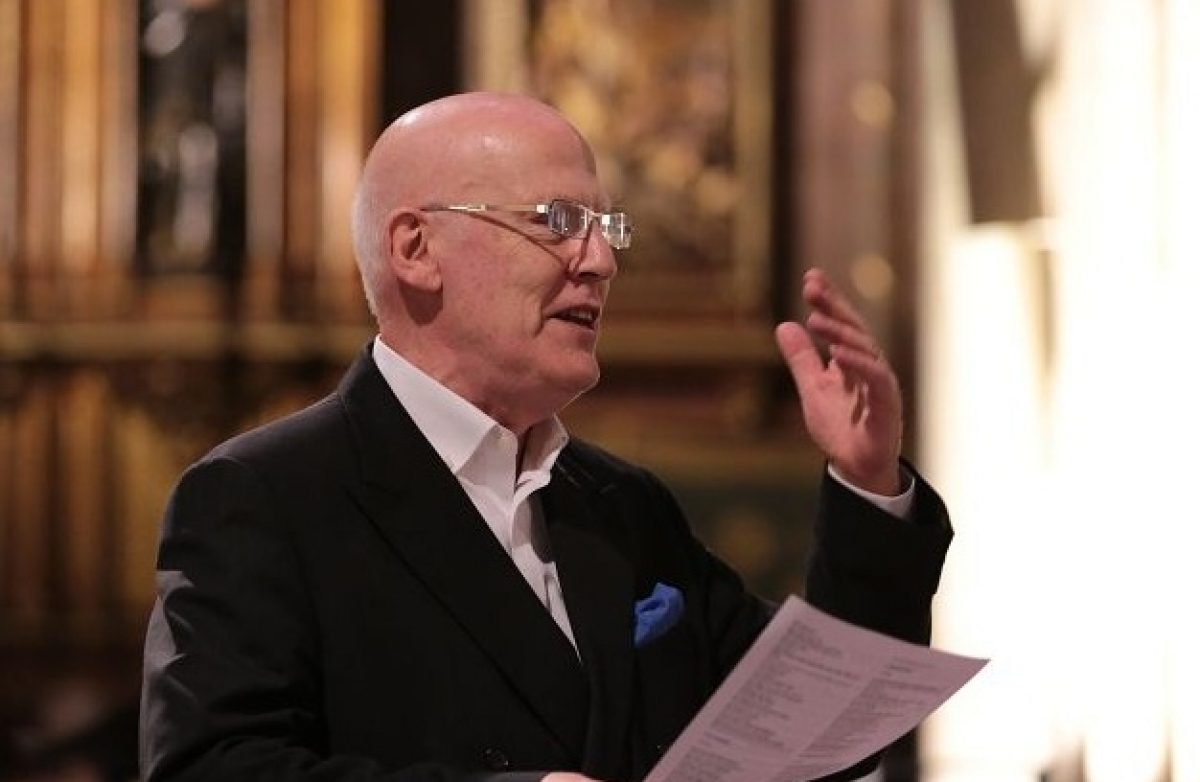When we pick up a score we know from having heard and loved it, what do we look for ?
Confirmation, of course !
Confirmation of what we are sure we know. And this is one of the commonest traps that we musicians fall into, especially concerning that thorny issue of … tempo !
Because tempo dictates the speed at which we receive the message. And the speed is a very important part of the delivery, as any car crash will prove.
Just think of two very famous politicians from the 20th century, Hitler and Churchill. How did they speak ? Hitler, shrill and fast – Churchill slow and thoughtful. The message is decidedly not the same, nor is our reaction to it.
So when we read in a pre-1789 score “Alla Breve” or 2/2 or ![]() should we not think that the composer means that we should beat it in 2 and not in 4 ?
should we not think that the composer means that we should beat it in 2 and not in 4 ?
My question is now : why have we musicians become so obsessed with what the composer means, without trying out what he says when he says it ?
It’s not always clear what he is telling us and we might not like the result : but perhaps not, and in any case we would be the wiser for having tried.
Let’s not forget that some people get famous for doing things in a new way. A new school is born, with its priests, its disciples and its hangers-on. But it doesn’t necessarily mean they’re right. It just means that they persuaded enough people to believe them for a consensus to be formed.
And if you try and find out from the specialists who’s right about this or that, you’ll get 50 replies roughly divided into two camps of “it’s obviously like this” and the other of “it’s obviously like that”.
So why is it important, what the composer means ?
It’s important because the composer is telling us something through his music. That we will miss if don’t know that essential rule, enounced with vigour by Ezra Pound in the ABC of Reading that “Literature is news that STAYS news” (Pound’s capitals).
In the same book, he writes : “Great literature is simply language charged with meaning to the utmost possible degree”. We could paraphrase him by saying that great music is simply sound charged with meaning to the utmost possible degree.
Which is why, by sacralising music and transforming it into a secular religion where the musician is the priest, we transubstantiate the present into the eternal and in the process we void it of meaning.
And in the age of Facebook (see my other post on that subject) the younger generations aren’t interested in the eternal. What they want is NOW.
We have let them get away without the goods and if we aren’t clever, they ain’t comin’ back.
Mozart was a gambler. He was young and he loved life. He wasn’t writing for 70 year-olds, he was writing for people his own age.
But we play his music as if he wrote for our retirement. Aarrgh !
PS : respectacles are glasses one looks through at anything we think we ought to admire. Take ’em off !
PPS : “Man prefers to believe what he prefers to be true” – Francis Bacon
